Chimps in Courtrooms: The Case That Changed Everything
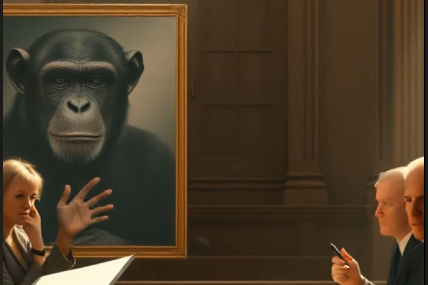
Back in 2013, a chimpanzee named Tommy made legal history when activists tried to have him recognized as a “person” with rights. He wasn’t suing anyone for banana theft—this was about his right to not be kept in a cage. The Nonhuman Rights Project took Tommy’s case all the way to the New York courts, arguing that cognitively complex animals like chimps deserve basic rights like bodily liberty. While the court didn’t ultimately rule in Tommy’s favor, the case opened floodgates in legal, ethical, and philosophical debates about animals’ place in the legal system.
People started asking questions we hadn’t really entertained seriously before. If a chimp can recognize itself in a mirror and solve puzzles, is it that different from a young child? Can intelligence be the benchmark for rights, or is it more about the capacity to feel pain and joy? Tommy’s case didn’t just stir legal scholars—it made everyday people stop and think about what we owe to the animals we share the planet with. It also laid the groundwork for future attempts to have animals legally recognized beyond just being property. The conversation hasn’t gone away. In fact, it’s getting louder, more complex, and emotionally charged. Legal systems around the world are starting to inch toward recognizing animals in ways they never have. And Tommy? He may have lost in court, but he won a place in the conversation about the future of animal rights.
Can Elephants Have Standing in Court?
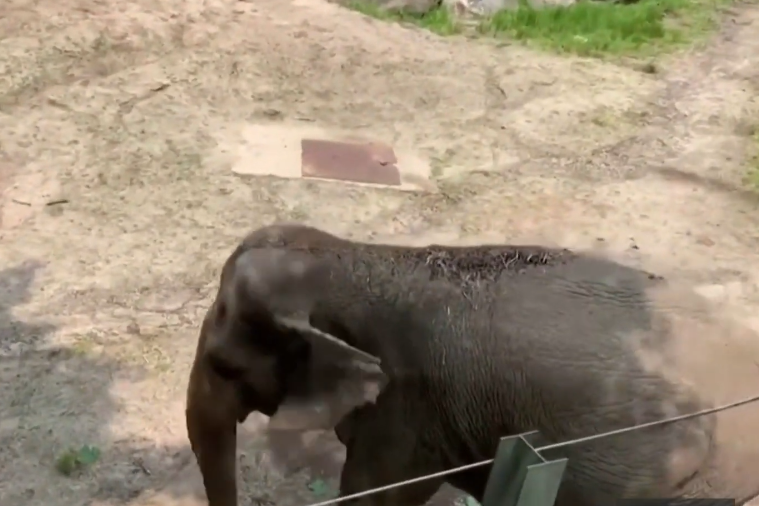
In another legal saga that grabbed international headlines, Happy the Elephant became the face of an entirely new kind of courtroom drama. Happy lived in the Bronx Zoo, and after years of isolation, animal rights groups argued that she deserved to be moved to an elephant sanctuary. What made this case wild wasn’t just that it involved an elephant—it was that Happy was being treated as a petitioner in a habeas corpus case, a legal move typically reserved for humans challenging unlawful detention.
That argument stirred up a lot of uncomfortable thoughts. If an elephant can be wrongfully detained, then what does that say about zoos in general? Is captivity inherently a rights violation, or does it depend on the quality of care? Critics feared that granting Happy rights would upend industries—from entertainment to agriculture. But supporters said that was the point: if the system’s broken, fix it. The case sparked passionate debates about animal autonomy and whether our legal systems are equipped to evolve. The New York Court of Appeals ruled against Happy in 2022, but even that ruling acknowledged the complexity and importance of the issue. Happy might not have gotten her freedom, but she cracked open a conversation that’s still evolving. And with every case like this, the line between “animal” and “legal person” blurs just a bit more.
Are Farm Animals Just Commodities or Living Beings?
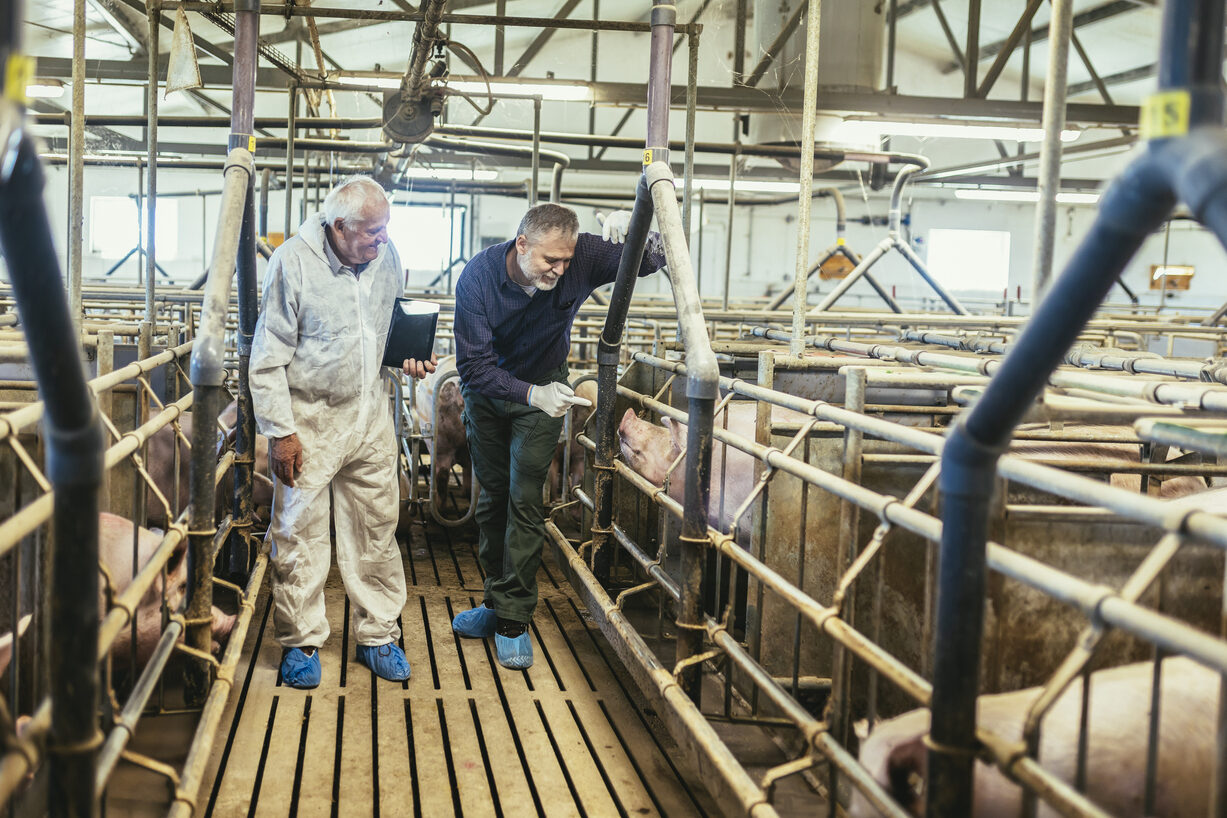
Most of us go through life rarely thinking about where our meat, dairy, and eggs come from. That’s changing. As more undercover investigations reveal horrific conditions in factory farms, the question isn’t just “Should we treat animals better?” It’s morphing into “Should farm animals have rights at all?” And that’s where things start to heat up. Pigs have been shown to have the intelligence of a three-year-old child. Cows have best friends and get stressed when separated.
So, should animals capable of suffering, bonding, and even problem-solving be treated as mere units of production? Critics argue that giving rights to farm animals could destroy entire industries. But supporters fire back that profit shouldn’t trump ethics. Some countries are starting to listen—Germany and Switzerland, for instance, have passed laws banning some of the cruelest practices. The ethical shift is slow, but momentum is building. Plant-based alternatives are booming, and with them, a growing moral consciousness. When people see animals as individuals instead of products, the conversation around rights doesn’t seem so far-fetched anymore. What was once fringe is now inching toward mainstream—and that’s making Big Agriculture nervous.
Legal Personhood: Not Just for Humans Anymore?

The idea of “legal personhood” sounds like something ripped from a law school textbook. But here’s the twist: it’s not just a human thing anymore. Corporations are legal persons. So are ships. So why not animals? That’s the provocative question being asked by legal scholars and activists alike. If a corporation can sue and be sued, why can’t a sentient creature like a dolphin or gorilla be granted some legal protections?
It’s not about giving animals the right to vote or serve on juries—nobody’s asking that. But maybe it’s time we stop treating them as living property and start acknowledging their interests. The idea is to give certain animals—those with complex emotional and cognitive capacities—the legal standing to be represented in court. That means someone could argue on their behalf when they’re mistreated, exploited, or confined without reason. We’ve already started to see rivers and natural ecosystems granted legal personhood in countries like New Zealand. If nature can have legal rights, why not animals? It’s a wild concept, but it’s catching on in surprising places. Maybe legal personhood isn’t just a human club after all.
What Happens to Scientific Research If Animals Get Rights?

Here’s the elephant in the lab coat: what would happen to medical and scientific progress if animals were granted legal rights? This debate gets especially fiery when you consider how much we’ve come to rely on animal testing for everything from cancer treatments to COVID-19 vaccines. Many scientists argue that without animal models, we’d lose a crucial part of the research process. But on the flip side, animal welfare advocates say we’ve leaned on that crutch for far too long—often in ways that are unethical and unnecessary.
The conversation is getting more nuanced as technology advances. We now have alternatives like organ-on-a-chip systems and computer modeling that are becoming more accurate and more humane. So, the question is shifting from “Can we stop animal testing?” to “Do we even need it anymore?” If an animal can feel fear and pain during experimentation, does the potential benefit to humans automatically justify it? That’s where the legal question of rights becomes impossible to ignore. Should animals have the right not to be harmed, even if the harm is in the name of science? That question is polarizing labs around the world. It’s no longer enough to say, “It’s for the greater good,” because ethics demand we ask—whose good? And at what cost?
Pet Custody Battles Are Getting Wild—and Legally Complex

When couples break up, the question of “who gets the dog?” is becoming a full-on legal circus. Judges used to treat pets like property—no different from a couch or coffee table. But more courts are now considering the emotional bond between pets and people. Some have even started granting shared custody or visitation rights. It’s a small but powerful shift in how we legally view animals—not as objects, but as beings with emotional importance.
This shift could be the first legal domino in a much bigger cascade. If we’re acknowledging animals as family members in custody cases, what else might follow? Will pets get the right to a certain quality of life? Will neglect be treated more like abuse of a dependent than damage to property? As people become more emotionally attached to their animals, laws are starting to catch up. Some states have already passed legislation that considers the “best interest” of the animal. That’s a phrase previously reserved for children. If our pets are getting this kind of legal attention, it might not be long before rights discussions for all animals become mainstream. And honestly, Rover probably deserves it more than your ex does.
Cultural Clashes: When Tradition Meets Animal Rights

One of the most sensitive parts of this debate is how animal rights rub up against cultural and religious practices. In many societies, animals play ceremonial or spiritual roles that go back centuries. From bullfighting in Spain to ritual slaughter practices across various faiths, the lines between tradition and cruelty are hotly contested. Introducing animal rights laws can feel, to some communities, like an attack on their identity.
And yet, cultures evolve. We’ve changed our views on everything from child labor to women’s rights, often clashing with tradition along the way. So should sacred customs be exempt from animal welfare standards? Or is there room for compromise—where beliefs are honored, but cruelty is not? That’s where the legal world struggles. Rights laws aren’t just about morality; they’re also about power dynamics and historical context. If animals get rights, whose traditions get overridden? Whose voices are heard, and whose are silenced? These aren’t easy questions, but they are essential if we want to build a truly inclusive ethics around animal life. Because protecting the voiceless shouldn’t mean erasing human heritage—it should mean finding a better balance.
The “Hierarchy of Worth” Dilemma
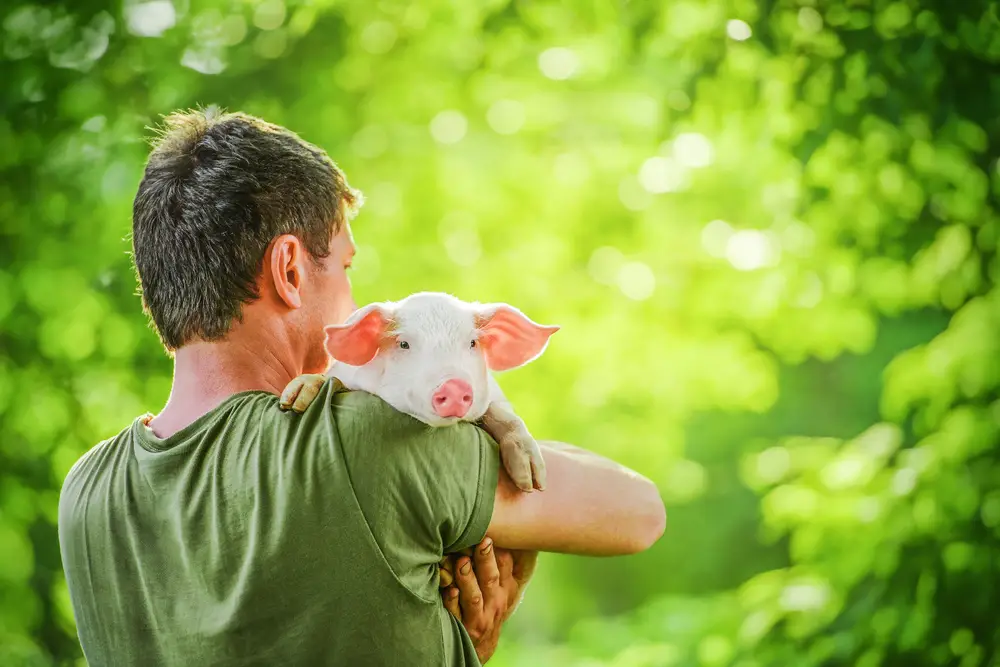
Ever notice how we care more about dogs than pigs, even though pigs are arguably more intelligent? This odd emotional ranking system we all subscribe to is called the “Hierarchy of Worth.” It’s where some animals—usually the cute, fluffy ones—get all the empathy, while others are seen as disposable. It’s inconsistent and, if we’re honest, kind of hypocritical. But it’s also deeply human. We’re wired to protect what we emotionally bond with.
Legal systems, however, are supposed to be consistent. That’s the whole point of law. So what happens when our personal biases clash with our principles? If a golden retriever deserves protection from abuse, why doesn’t a cow? If octopuses are intelligent enough to escape jars and mimic other species, why are they exempt from rights talks? A growing number of ethicists argue that rights should be based on sentience, not popularity. That would mean rewriting laws across industries—pets, food, fashion, you name it. It’s a hard pill to swallow, but the conversation is getting louder. Because if our ethics are built on convenience, they’re not really ethics at all.
Are We Ready for Animal Lawyers?
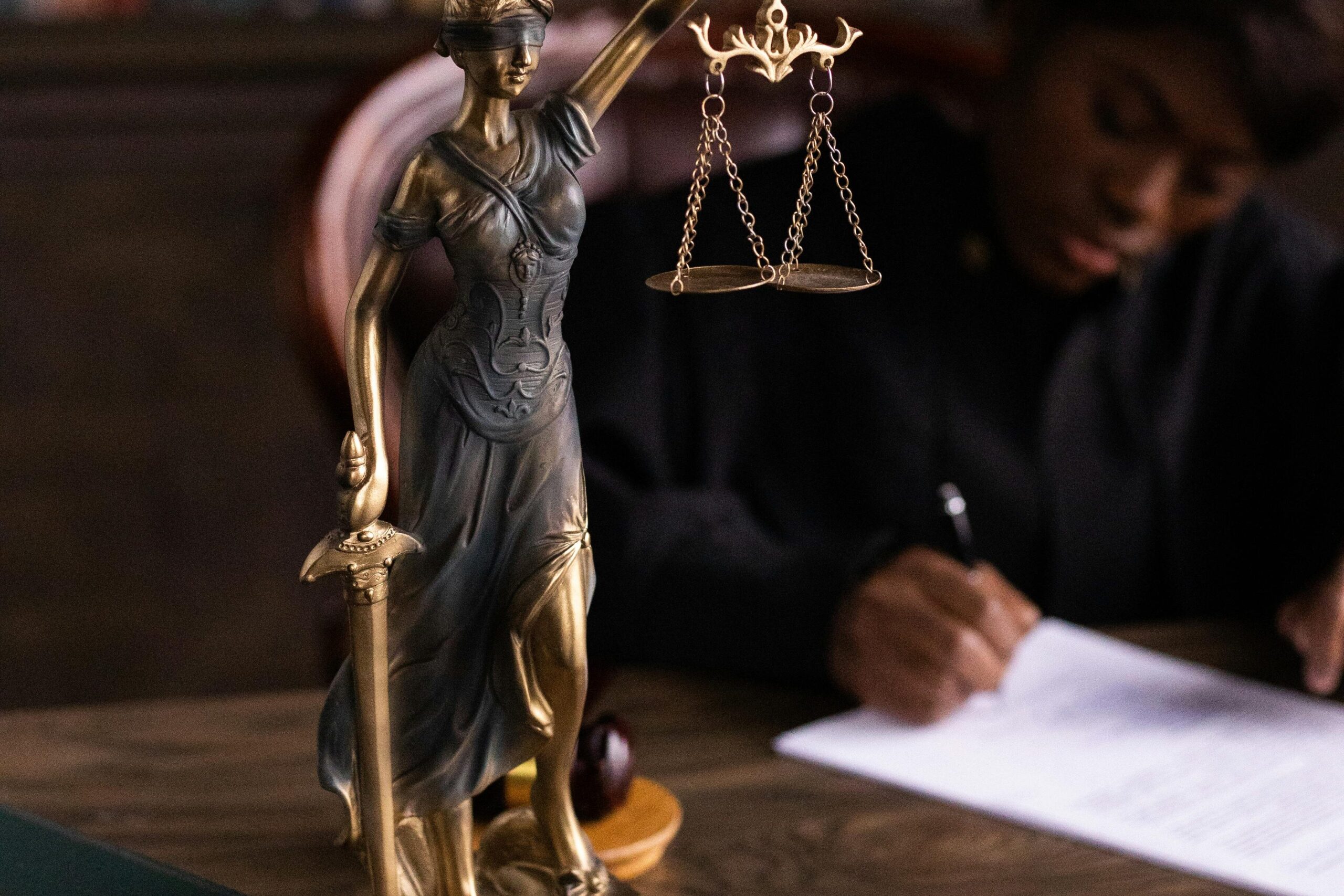
This one sounds absurd at first—until you really think about it. What if animals had lawyers? Not in the sense of wearing tiny suits, but human advocates who could speak in court on their behalf. Some organizations are already doing this informally, representing animals in cruelty cases or pushing for better welfare laws. But what if this became standard practice?
Imagine a future where a neglected dog could “sue” for better treatment through a legal guardian. Or a sanctuary could represent an elephant’s interest in not being shipped back to a zoo. It’s not as far-fetched as it sounds. Children and people with disabilities already have legal guardians in court. Why not animals? This could shift the way we see non-human lives in our justice system. It’s a logistical and philosophical challenge, but also a bold reimagining of justice. And it forces us to ask—if animals can’t speak for themselves, doesn’t someone have to?
The Economics of Giving Animals Rights
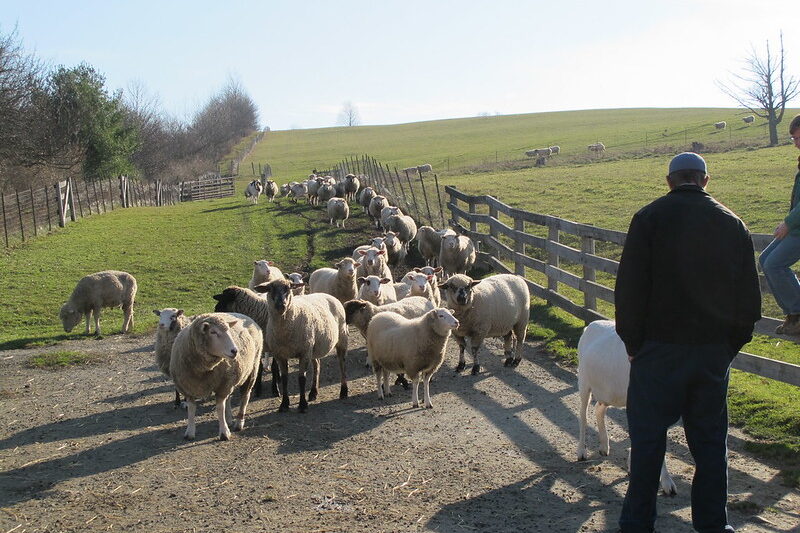
Let’s talk money—because rights always come with a price tag. If animals were granted legal rights, the economic impact would be massive. Entire industries—farming, pharmaceuticals, fashion, even tourism—would have to restructure. That’s why so many businesses push back hard against animal rights legislation. They argue it’s not just inconvenient—it’s financially devastating. But others say this economic upheaval is the cost of doing the right thing.
Just like factories had to adapt to labor laws, or airlines had to adjust for disability rights, animal-related industries would need to evolve. It could mean better wages for humane farming, new roles in plant-based innovation, and expanded markets for cruelty-free products. It’s not about killing the economy—it’s about shifting it. After all, rights aren’t cheap. They require effort, enforcement, and above all, a willingness to change. But history shows us that progress and profit aren’t mutually exclusive. If anything, ethical industries often end up being more sustainable in the long run. So maybe the question isn’t whether we can afford to give animals rights—but whether we can afford not to.
The Future of Zoos and Aquariums
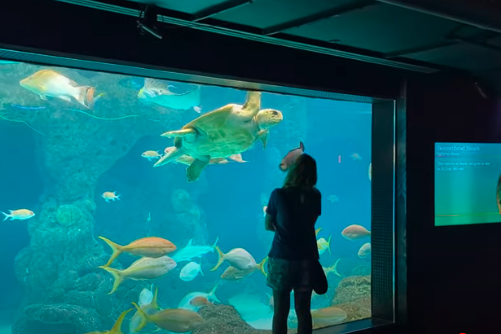
Zoos used to be seen as magical places where kids could meet wild animals up close. But now, many people see them as prisons with nicer landscaping. The debate over zoos and aquariums is intensifying, especially as we learn more about the emotional lives of animals in captivity. Orcas in tanks show signs of psychological distress. Big cats pace obsessively in enclosures that mimic little of their natural environment.
So, where do zoos stand in a world where animals might have rights? Some institutions are evolving, focusing on rescue and rehabilitation instead of entertainment. Others are being called out for prioritizing profit over welfare. If animals have the right to freedom or mental well-being, then captivity—even well-intentioned—could be a violation. This raises big questions about education, conservation, and human curiosity. Can we learn about animals without exploiting them? Can we protect species without confining individuals? The conversation is shifting fast, and the zoos of tomorrow might look nothing like the ones we grew up with. They’ll either adapt—or be left behind in the history books.


